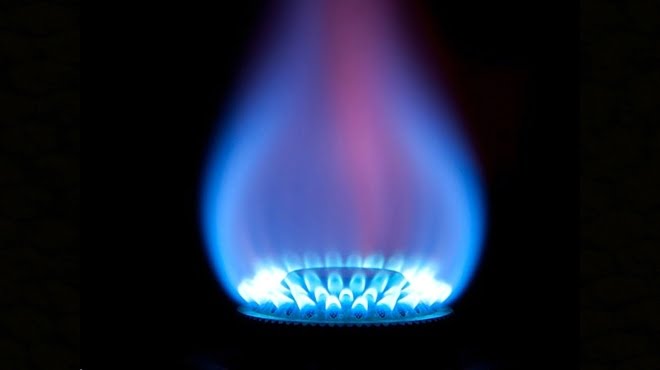Spring Lights Gas (SLG), the second-largest trading 100percent black-owned company of natural gas in South Africa after Sasol Gas, aims to tackle South Africa’s limited available gas supply to meet demand.
It said gas constitutes only 3percent of the country’s primary energy mix compared to the global norm of 25percent. This was attributable to the lack of supply, inadequate infrastructure and the abundance of cheaper coal throttling South Africa’s gas demand growth.
Capacity constraints in the country’s crude oil refineries have held back efforts to widen the usage of liquefied petroleum gas (LPG) as an affordable, safe and cleaner energy source for industrial and household use.
The increased use of LPG, in line with government policy to integrate environmentally-friendly energy sources in the country’s energy mix, is also meant to reduce the dependence on electricity for cooking and space heating. But insufficient output from the refineries often leads to widespread shortages of LPG, especially during the winter months, when demand spikes. LPG is produced as a derivative of the crude oil refining process.
The company’s chief executive, Mthoko Mbatha, said as a significant trader in the market playing at the tail-end of the gas supply value chain, SLG would continue to look for new markets for upstream investment.
He said the recent discovery of 100trillion cubic feet of natural gas in Mozambique was a game changer that the natural gas industry had been needing to expand the current network.“This will certainly ensure that the 3percent market share of natural gas in the country primary energy mix increases to at least 7percent by 2030 in line with the ambitions of the Department of Energy,” said Mbatha.
“Natural gas/methane rich gas is 35percent cheaper than LPG and about 66percent cheaper than illuminating paraffin and 165percent cheaper than diesel on an energy per unit basis.” Coal, a cheap energy source, would soon be subject to upcoming carbon tax legislation, with a levy of R120 per ton of carbon-dioxide equivalent on emission.
“The competitive advantage of SLG emanates from its abilities to supply gas to various industry via pipeline as well as on a portable basis via compressed natural gas (CNG) technology,” he said.
Mbatha said their success at SLG was attributable to, among other things, long-term gas supply agreements with it upstream gas suppliers, the ability to supply gas via pipeline and its flexibility and ability to supply gas to markets situated a distance away from gas pipeline networks via CNG technology.
Mbatha was appointed the group chief executive of SLG earlier this year.
Mbatha has served as an executive at 16 year-old SLG for the past 14 years in various capacities including holding the position of head of sales and marketing.
